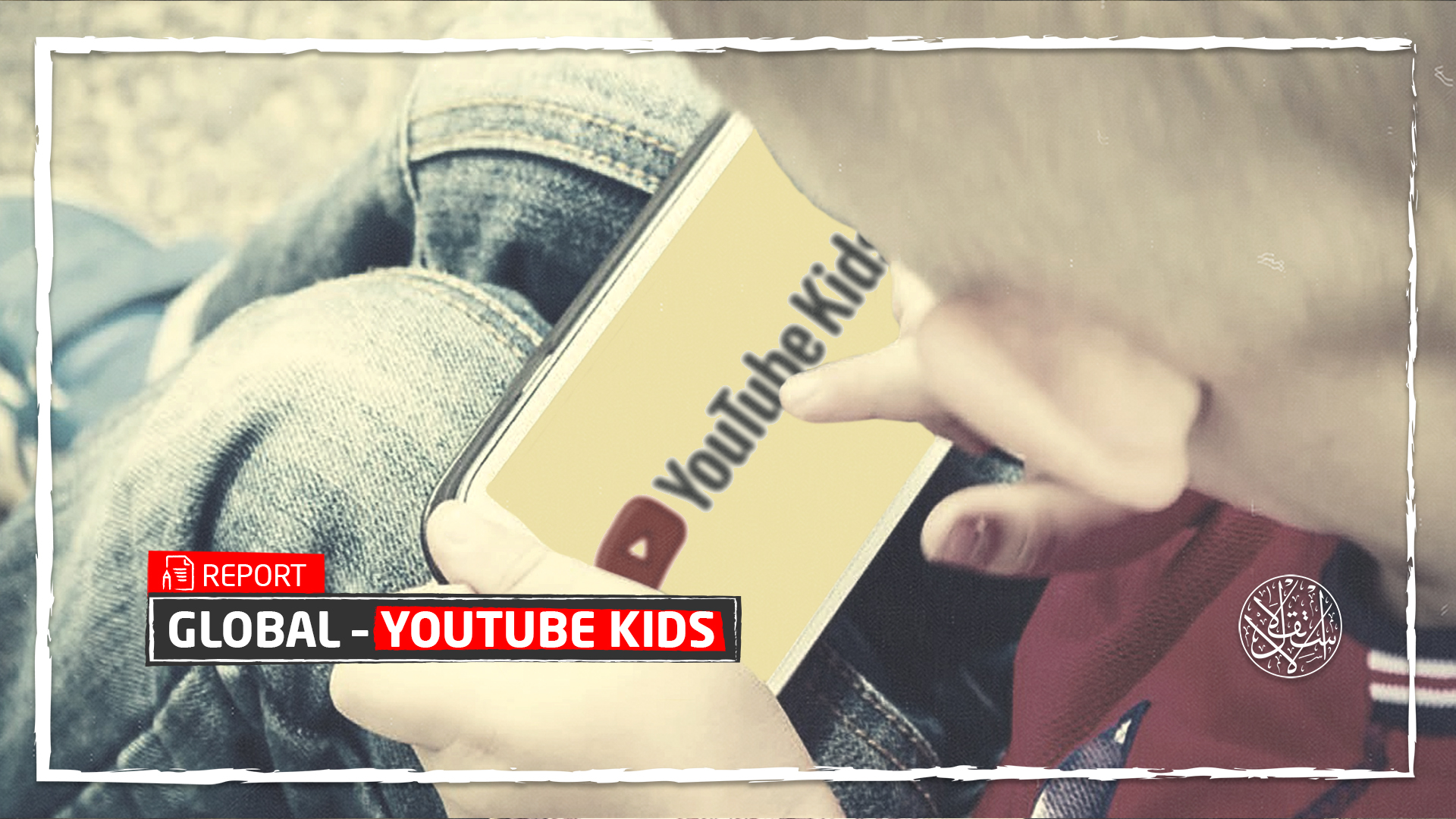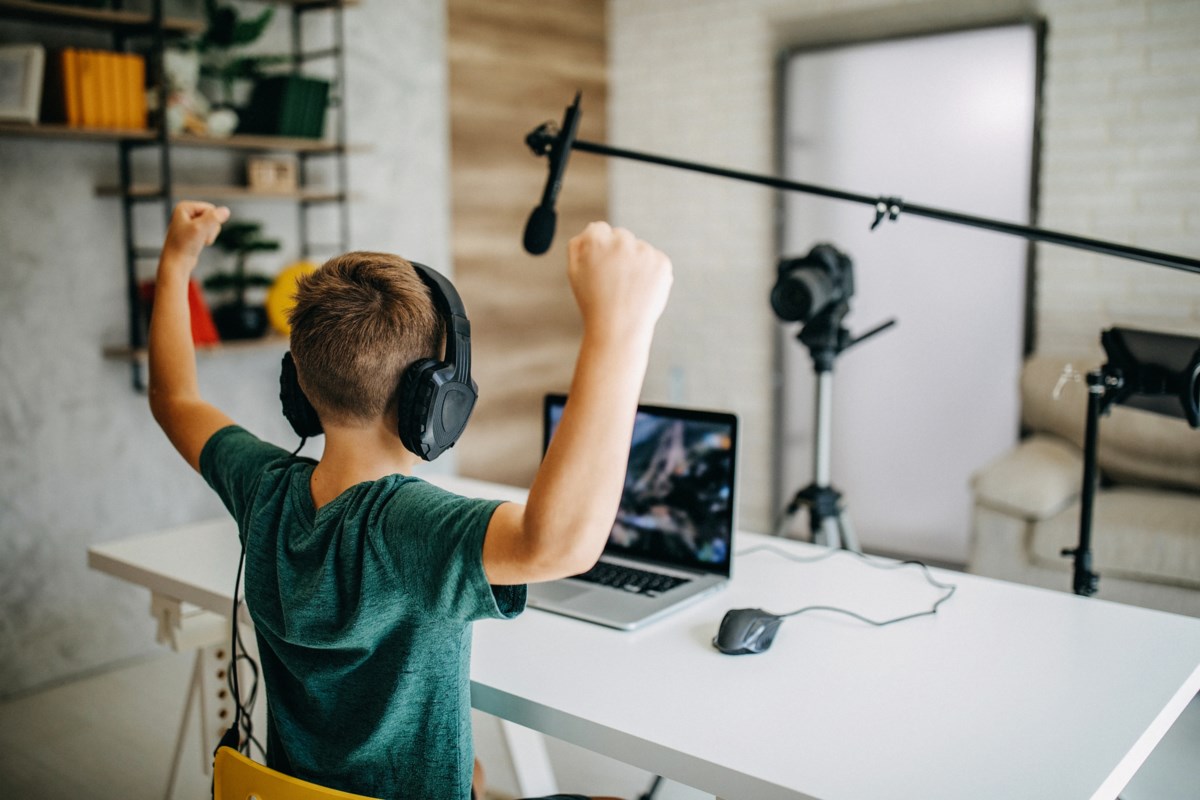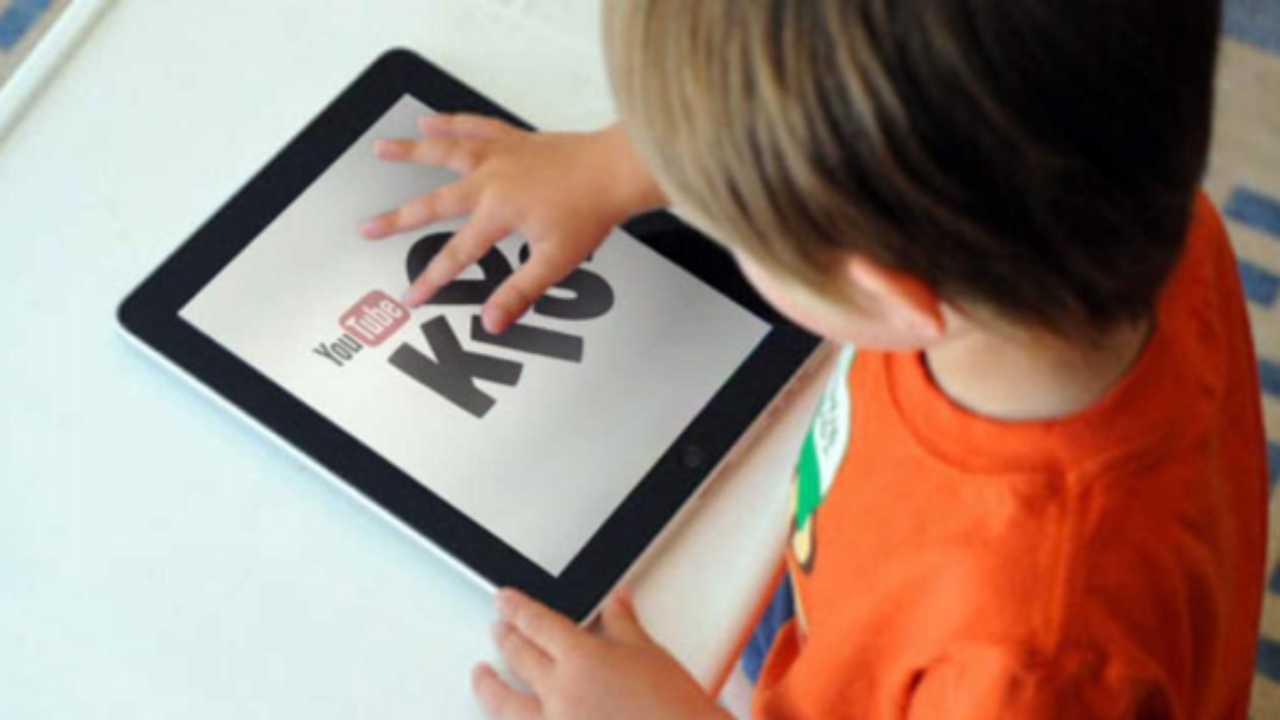These Are the Dangers That Threaten Children on the YouTube Kids Platform

YouTube Kids is showing videos promoting drugs, firearms skin whitening, and weight loss for children under the age of two, an investigation by the US non-profit Tech Transparency Project revealed.
YouTube Kids, which was launched in 2015, is supposed to be safe for children, as it is intended for those under the age of 13. It is designed to suit three age groups: "oldest," "youngest" and "pre-school." It is assumed that the first includes those aged between 9 and 12 years, the second is between 4 and 7 years old, and the third is under 4 years old.
Research by the Technical Transparency Project showed that the YouTube Kids system was still far from perfect and that several videos had exceeded the filters they should be subject to, in all three age groups.
The report highlighted that among these videos are what promote the method of making crystal meth, or songs that contain inappropriate content for children, and others that show weapons or accessories for them, and the most dangerous is the content that promotes skin whitening and weight loss.
In a statement to The Guardian, a YouTube spokesperson said: “We launched YouTube Kids to create a safer environment for children to explore their interests and curiosities, and gave parents the tools to customize the experience for their children. After the review, we have removed or placed restrictions on a number of reported videos from the Kids app.”
Nudity and Violence
The parenting expert Caroline Knorr explained that: “YouTube Kids is mostly safe, but there is a small chance kids could see nudity, violence, or just weird stuff, as well as ads for stuff like junk food.”
The study showed that 27% of videos watched by kids 8 and under are similar to older target audiences. The violence was the most repetitive negative pattern in the content. Technically, YouTube Kids includes the main YouTube services and utilizes an algorithm to filter out the inappropriate content and to add the kid stuff to the app.
However, no filter is perfect and the inappropriate content can pass the algorithm. Since it was launched in 2015, Google has made great efforts by assigning human monitors to personally review videos flagged as inappropriate on the main app and offering "verified" videos (viewed and approved by a human).
Caroline emphasized that furthermore, YouTube offered parents a fair warning that kids may see something that may not fit and asked them to block and report inappropriate videos.
Concentration & Attention Disturbance
Ghita el-Ghiyati researcher in Psychology at Bahcesehir University in Istanbul told Al-Estiklal: “Exposing children under the age of 3 to screens is dangerous for them, whether the content is appropriate for their age or not. Programs that display are tainted by many inconsistencies in the level of images and sounds, and these rapid changes in images and positions may have a negative impact on the child's brain."
She said: “It may cause developmental delays in children and some disturbances in concentration and attention, and the habit of sitting for long hours in front of the screen can cause the child to have weight problems due to his lack of any physical activity.”
She added: “It should be noted that we are walking about watching the screen for long hours, but the negative impact of exposing children to screens for one hour or less a day has not been actually proven through studies.
"Researchers are not currently able to determine the true impact that watching television screens or videos can have on a child who is exposed to them for a short period of time during the day.”
Lower Levels of Brain Development
The BBC Health reported that screen time use by infants, toddlers, and preschoolers raised dramatically over the last decade, sounding alarm bells, questions, and concerns about the impact of television, tablets, and smartphones on these critical years of rapid brain development.
A new study published by the journal JAMA Pediatrics scanned the brains of children 3 to 5 years old. The study pointed out that the children who used screens more than the recommended one hour a day without parental involvement had lower levels of development in the brain's white matter. It is noteworthy that the white matter is the brain area key to the development of language, literacy, and cognitive skills.
Dr. John Hutton, a pediatrician and clinical researcher at Cincinnati Children's Hospital said: "This is the first study to document associations between higher screen use and lower measures of brain structure and skills in preschool-aged kids."
"This is important because the brain is developing the most rapidly in the first five years," Hutton said. "That's when brains are very plastic and soaking up everything, forming these strong connections that last for life."
YouTube Kids in the Arab World
April 2021, YouTube announced the launch of the YouTube Kids application in Arabic in 15 countries in the Middle East and North Africa region.
YouTube Kids is a standalone video watching app that offers a variety of content for children under the age of thirteen.
It provides a set of easy-to-use parental control and management tools to enable each family to choose the settings that best suit their children.
Screen time is the most prominent tool of this application, which allows parents to limit the time allowed for their children to watch videos.
Tariq Abdullah, Regional Director of Marketing for the Middle East at Google said that YouTube Kids helps every family respond to the interests and curiosity of their children while providing a suite of parental controls.
He pointed out that the application includes content from educational programs, channels, and songs that are most popular with children in the region, such as the Arabic version of the American program Ahlan Simsim.
The YouTube application is available around the world in different languages, including English and French, and can be downloaded for Android and iOS devices. Yet, it is the parents’ duty to control their children's use of the platform because even the company does not pretend that it is 100% safe for children.











